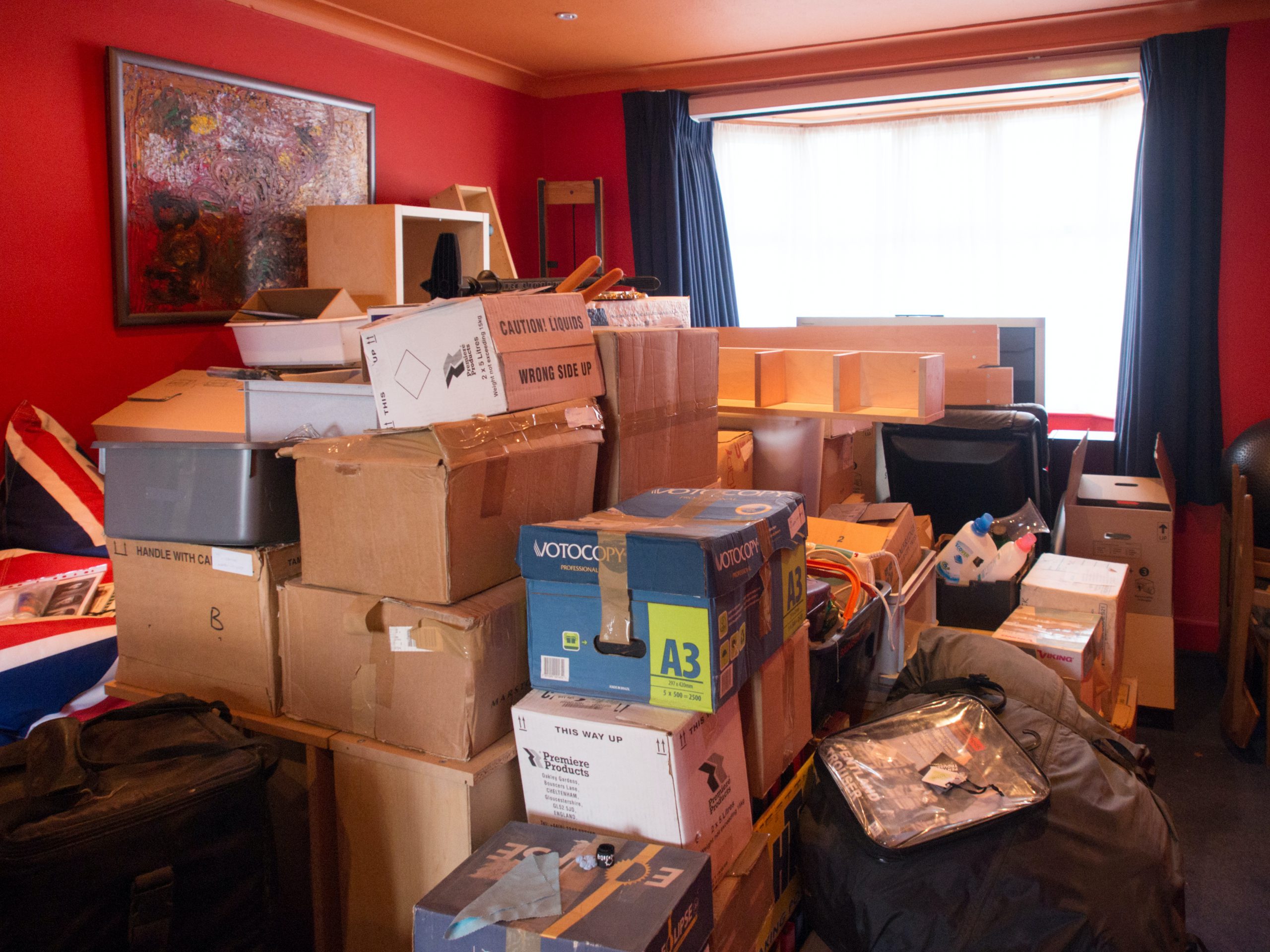
Moving home is both one of the most exciting and stressful moments in life.
It marks a new chapter or even a fresh start. But once you have bought your next home, or have given notice to leave your rental, the clock starts ticking.
You’ll have between four to six weeks to pack up your belongings and deal with little details, such as changing the address on your driver’s licence and disconnecting and reconnecting your services such as power, water, gas, phone and internet access.
The best way to approach this challenge is to plan carefully. Depending on the size of the move, it may be smart to hire a removalist company. You should give yourself sufficient time to get three quotes and ensure each firm can meet your deadlines.
If their prices do not include insurance, ask that they include this. Most will also offer a packing service. If you want to save a few dollars, you may decide to do this yourself. But be warned, it’s labour-intensive and insurance may not cover breakages.
Your plan should list all the utility services you’ll need to disconnect, plus the various commercial and government entities that should be notified of your change of address.
Most importantly, you must assess all the contents of your home and consider how you might declutter and organise your belongings to make the move as smooth as possible.
Here are six guidelines for your move:
Disconnect your services – Notify utilities to end their services from the relevant date or ask your real estate agent if they have a connection service they can offer. Make sure you’re not billed for other people’s use of these services. Notifications should be sent to companies that provide your
- Gas
- Electricity
- Water
- Telephone / Internet
- Magazines and newspaper
- Notify your change of address with your bank, credit card company and the Australian Electoral Commission, and update your driver’s licence.
Do a deep declutter – A big throw-out will make it easier to pack and unpack at the other end. It will also help reduce the cost of a professional removalist, as you won’t be using so much space on the truck. Consider which possessions can be given away, offered to charity or thrown away. An excellent place to start is in the garage and storage areas. Unwanted books collecting dust is an easy win. Then, open those wardrobes and get brutal.
Make an inventory – This will help you obtain swift quotes from removalists. List items either by room or by size. If you are moving interstate, make sure you know how your car / boat or multiple vehicles are being relocated.
Book your removalist – Ask three companies to provide quotes. Don’t delay your choice as you’ll want to give them as much notice as possible to be available on the dates you need.
Are you packing? – Removalists will offer a packing service, but you can do it yourself if you want to save money. Insurance against breakages might be a problem, so weigh that into the equation when making a decision.
Packing operation – If you’re packing, build in the cost of boxes, tape and bubble-wrap. A quality tape dispenser is vital to get the job done quickly. Give yourself several weeks to complete this task. Take on one room at a time; otherwise, the operation can overwhelm you. Mark the contents of the boxes clearly and state which room they belong in.
Loading schedule – Put the boxes you need first on the truck last. These might include boxes containing bedding, soft toys for the kids, kettle and coffee maker.
Think about your pets – This isn’t the best time for your dog or cat to be around the house. Maybe consider putting them in accommodation for a night or two.
Take the essentials with you – This sounds obvious, but double-check before departure that you’re carrying the following:
- Wallet.
- Mobile phone / glasses.
- Your laptop computer.
- Driver’s licence.
- Children’s special toy, stuffed animal, or security blanket.
- Copy of your packing/shipping slip.
- Copy of insurance policy in case of any breakages in transit or when unpacking.
- Medicine for family members and pets.
- Accommodation confirmation slip if unpacking the following day.

